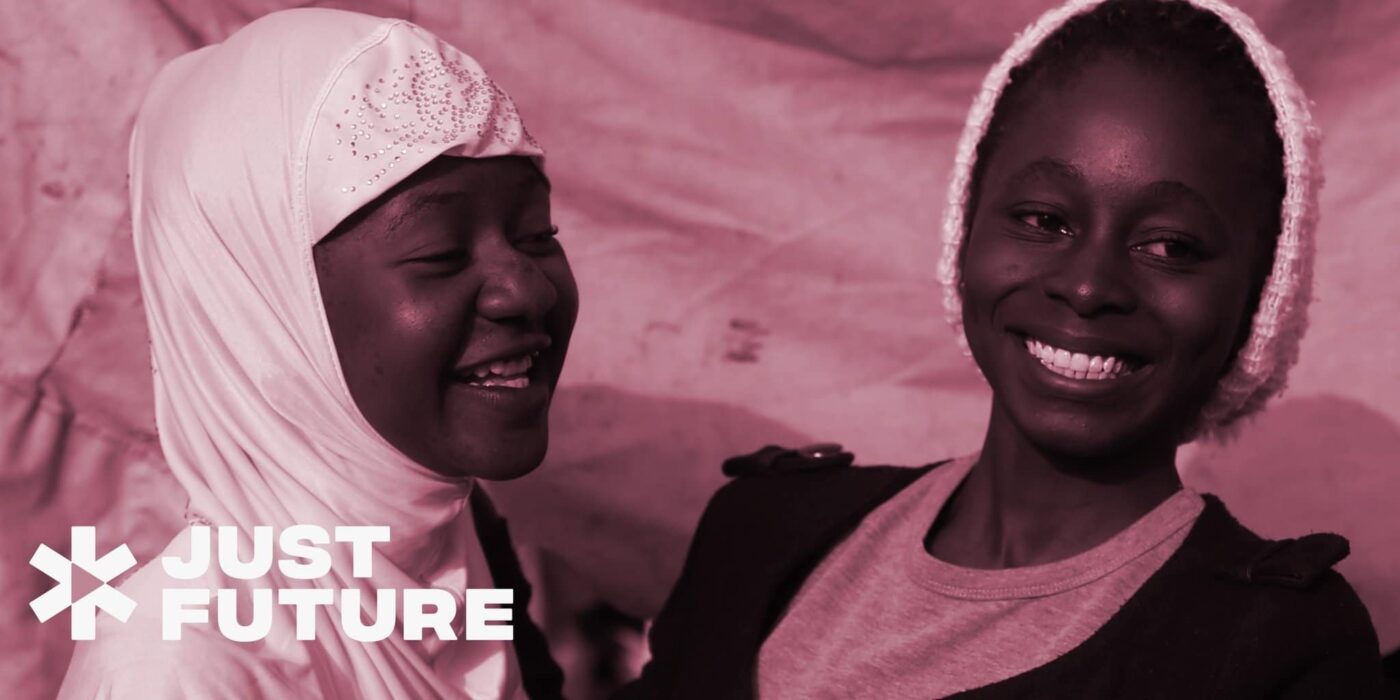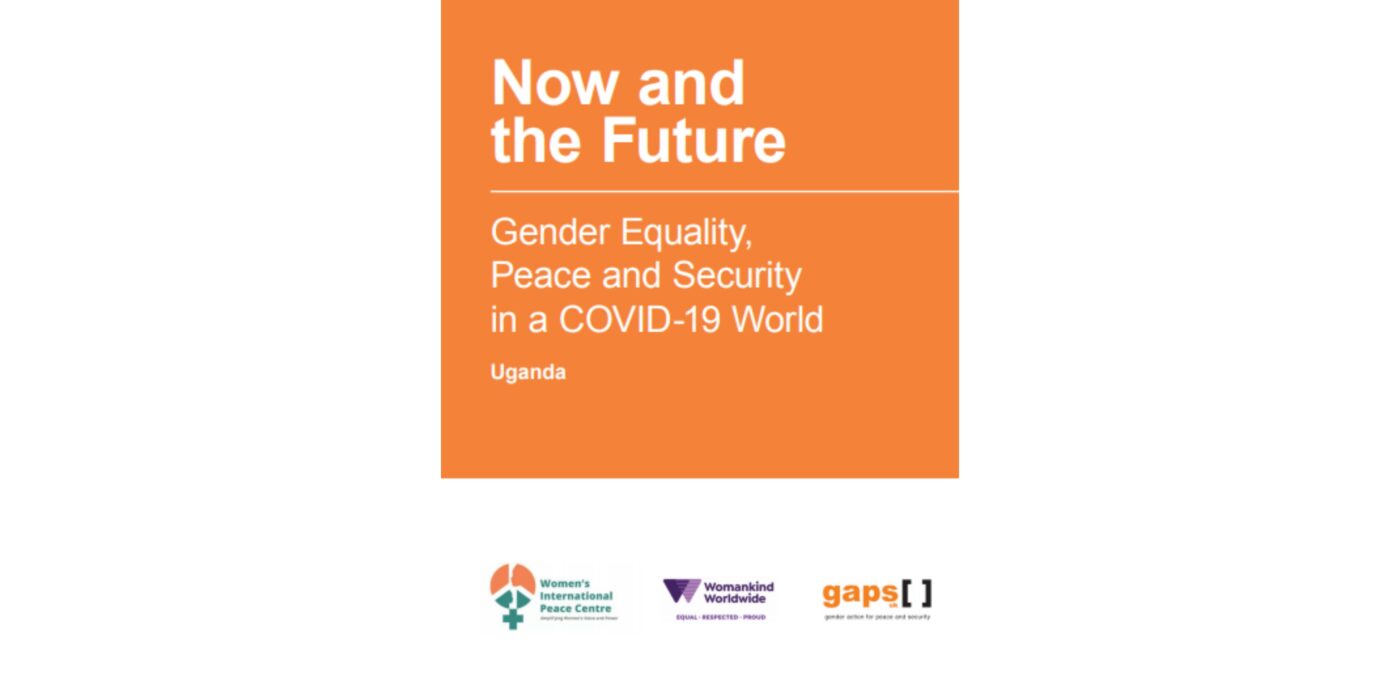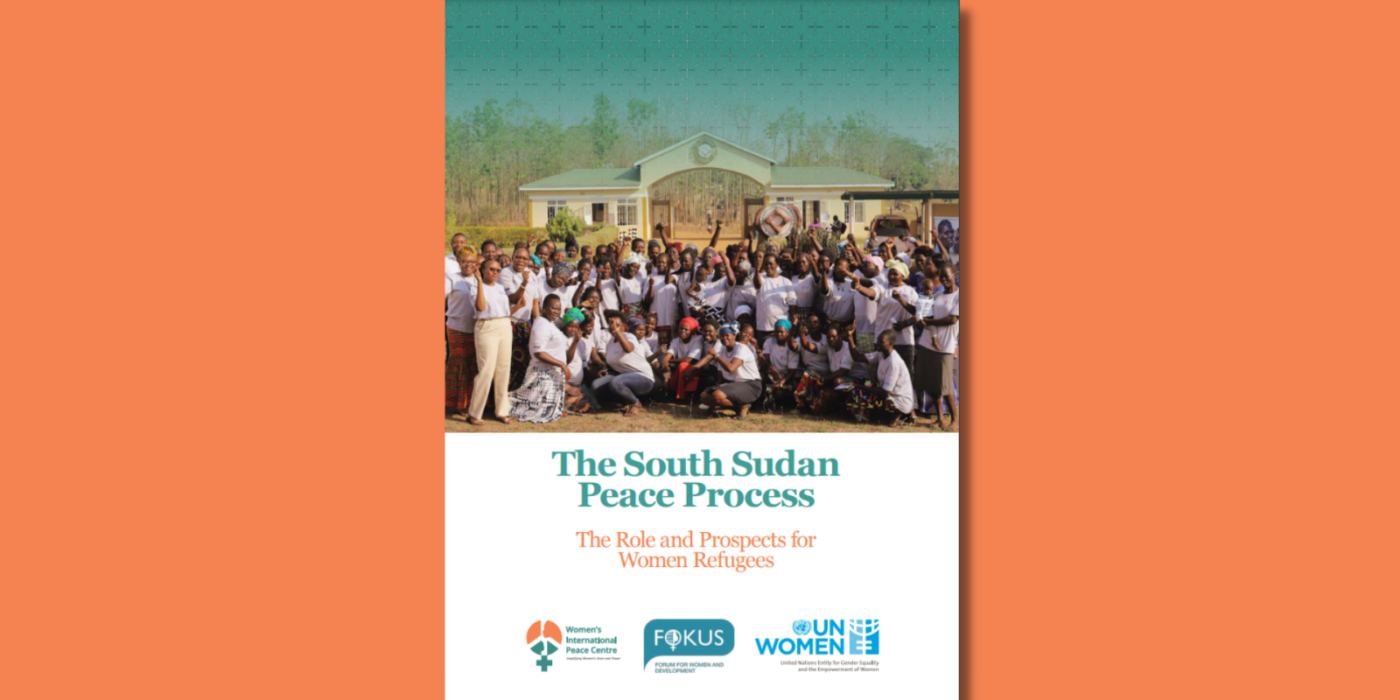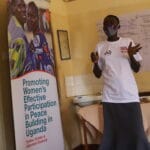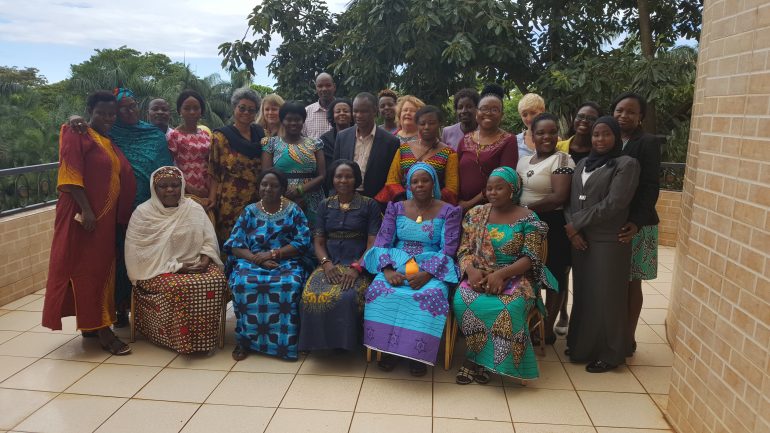The Peace Centre is excited to be a part of Just Future, an Alliance that will over the next 5years, work towards fair, equitable & inclusive justice, security and peace in Afghanistan, Burundi, DRC, Mali, Niger and South Sudan. The alliance has been formed in response to the challenges of a fragile world. Consisting of 6 established CSOs and networks, from the Global North and South, our work will strengthen the capacity of CSOs and enable their collective action to bring about more inclusive, constructive and legitimate power relations.
Just Future’s vision is of a world in which all people in fragile states benefit from more accessible, responsive and accountable security and justice institutions, and more inclusive arrangements for political governance and peace-making. Just- future is seeking to change the current state of life because conflict and violence are the most significant obstacles to achieving the Sustainable Development Goals (SDGs). Just Future will foreground the needs and demands of women and girls, the commitment of men to achieving gender equality and preventing sexual- and gender-based violence (SGBV), and realizing political power for young women & men—the majority of the population in all 6 countries.
Just Future will be delivered by a consortium including the African Security Sector Network, a pan-African network working to facilitate progress towards the achievement of effective and democratically governed security sectors across Africa. Cordaid; a Dutch humanitarian and development NGO, working in the most fragile and conflict-affected contexts on challenges in the security and justice, health, education, and humanitarian protection sectors, among others. Search for Common Ground which is a US- and EU-based international non-profit operating in 36 countries, with a mission to transform the way the world deals with conflict, away from adversarial approaches toward cooperative solutions. The Liaison Office (TLO) is an independent Afghan non-governmental organization seeking to improve local governance, stability and security through engagement with customary structures, local communities, and CSOs. In the Alliance, TLO represents the SALAH Consortium of CSOs. West African Network for Peacebuilding is a leading regional peacebuilding organization with strong national networks in every West African state, focusing on collaborative approaches to conflict prevention and peacebuilding and Women’s International Peace Centre is a transnational feminist organization working to empower women from different countries in Africa and Asia by supporting their active participation in peacebuilding processes.
The Just Future Alliance also includes The Civil Society Platform for Peacebuilding and State-building as its network partner. The Rift Valley Institute, the Stockholm International Peace Research Institute and the Van Vollenhoven Institute at Leiden University as research partners. As Just Future will be funded through a Power of Voices Strategic Partnership with the Ministry of Foreign Affairs of The Netherlands, the Ministry will also contribute to program implementation.


